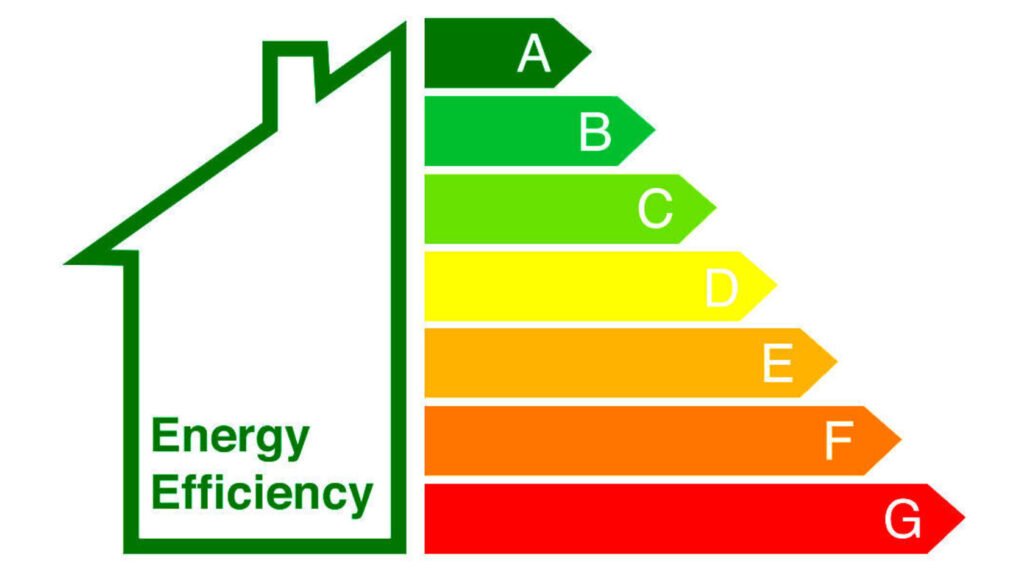An Energy Performance Certificate (EPC) rating is a measure of a property’s energy efficiency. It provides an assessment of how much energy a building consumes and how environmentally friendly it is. EPC ratings are essential for homeowners, landlords, and tenants, as they help determine the cost of heating and lighting a property and suggest ways to improve energy efficiency.
Understanding EPC Ratings
EPC ratings range from A (most efficient) to G (least efficient). The rating is determined by factors such as insulation, heating systems, windows, and renewable energy sources. A higher rating means lower energy costs and reduced carbon emissions, making the property more attractive to buyers and renters.
Each EPC includes:
- Current energy efficiency rating
- Potential rating if improvements are made
- Estimated energy costs
- Recommendations for energy-saving upgrades
Why is an EPC Rating Important?
An EPC rating is legally required when selling or renting a property in the UK. It helps potential buyers and tenants understand the energy efficiency of a home before making a decision. Properties with higher EPC ratings tend to have lower running costs and may be more valuable in the housing market.
Additionally, improving an EPC rating can:
- Reduce energy bills
- Lower carbon footprint
- Increase property value
- Make homes more comfortable
How to Improve Your EPC Rating
If your property has a low EPC rating, there are several ways to improve it:
- Upgrade insulation – Adding loft, wall, and floor insulation can significantly reduce heat loss.
- Install energy-efficient windows – Double or triple glazing helps retain heat.
- Use renewable energy sources – Solar panels or heat pumps can improve efficiency.
- Upgrade heating systems – Modern boilers and smart thermostats optimize energy use.
- Switch to LED lighting – Energy-efficient bulbs consume less electricity.
EPC Ratings and Legal Requirements
In the UK, landlords must ensure their rental properties meet a minimum EPC rating of E. Failure to comply can result in fines. The government is also pushing for stricter regulations, encouraging homeowners to improve their energy efficiency.
EPCs are valid for 10 years, and if significant improvements are made, obtaining a new certificate can reflect the updated rating.
Conclusion
An EPC rating is a crucial indicator of a property’s energy efficiency, affecting running costs, environmental impact, and market value. Whether you’re buying, selling, or renting, understanding EPC ratings can help you make informed decisions and contribute to a greener future.

